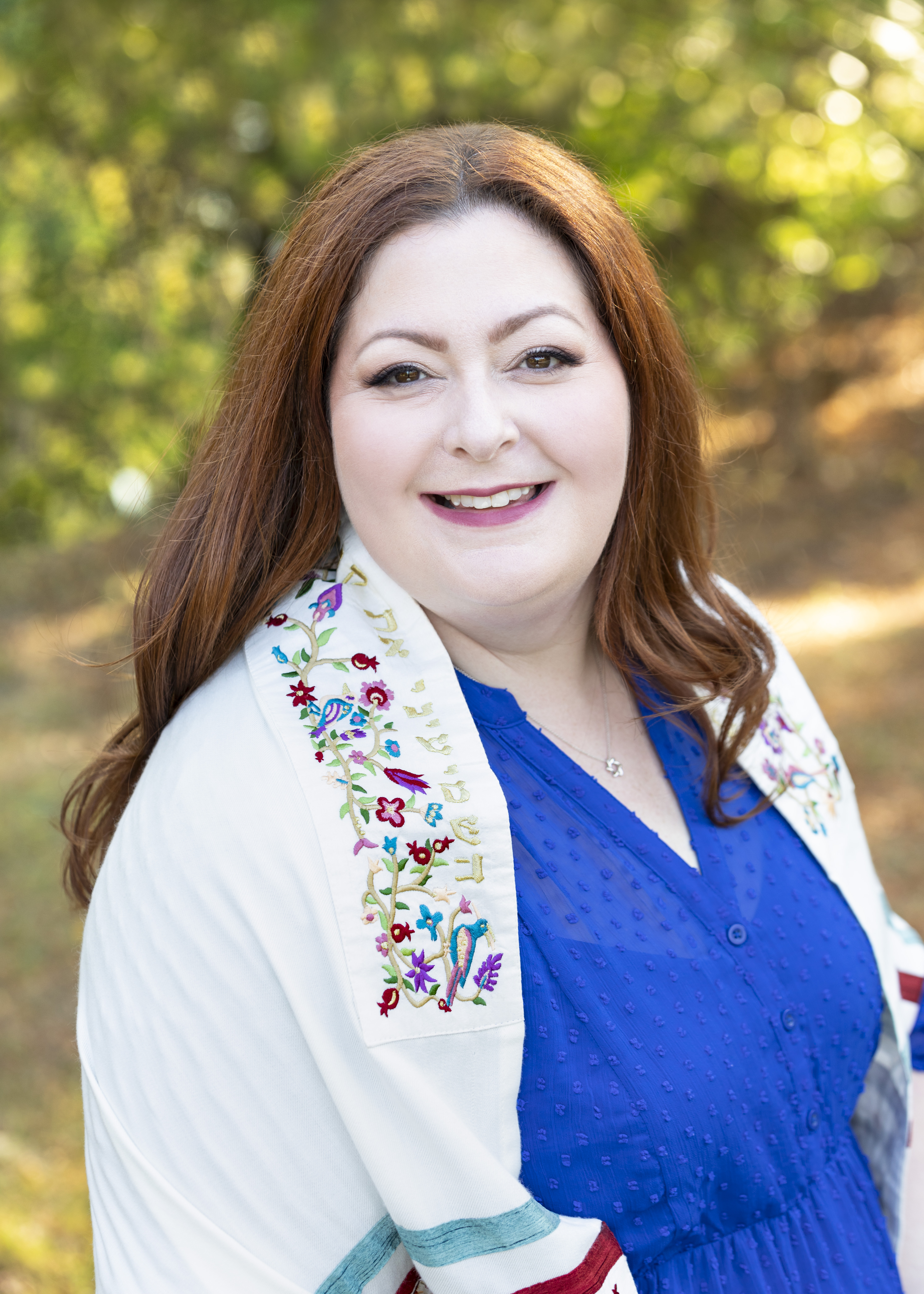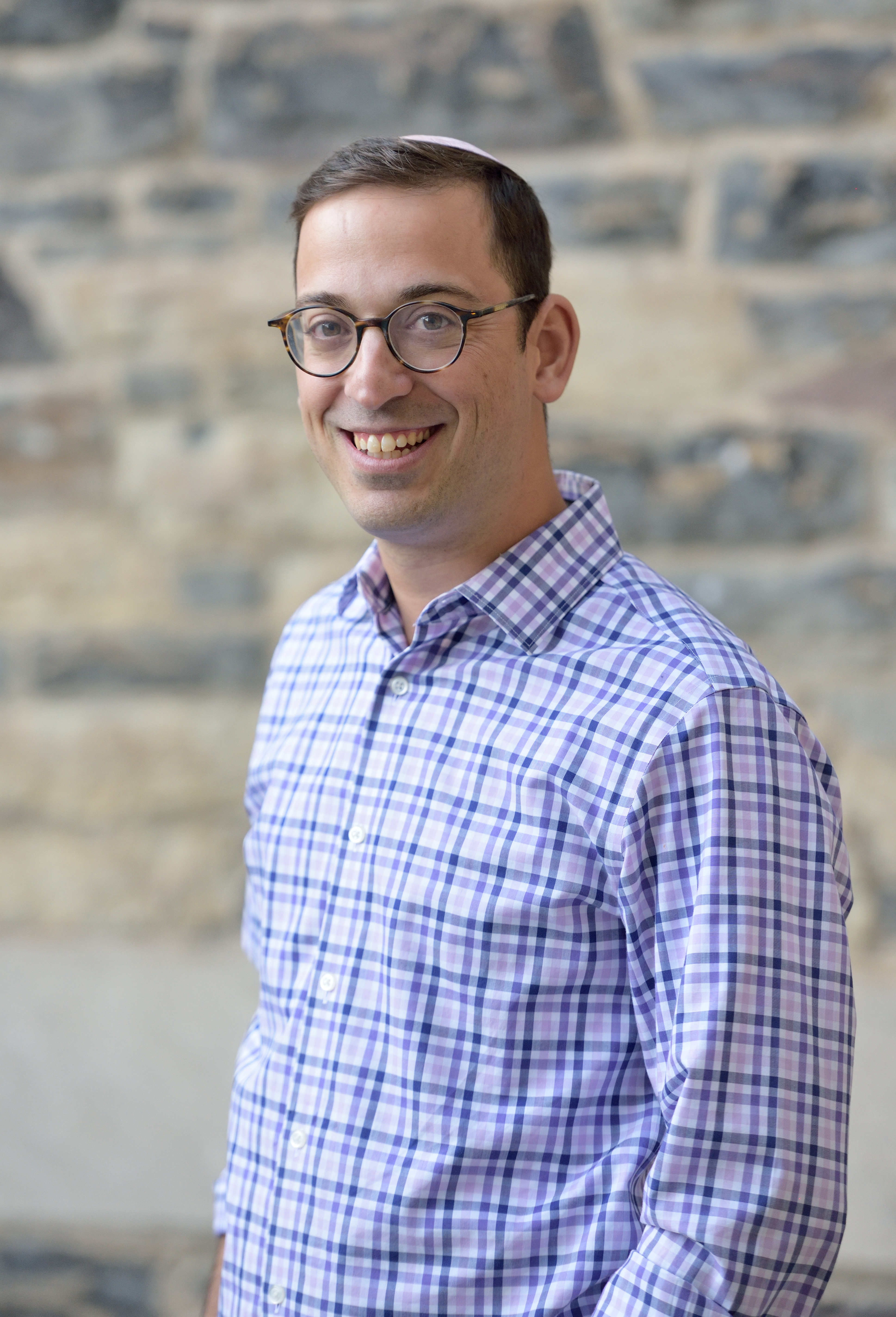
At Beth Tzedec, the value of connection is not just a word; it's a living essence that weaves through the very fabric of our community. Connections are formed on multiple levels—bonding with our Spiritual Leadership Team, cultivating meaningful relationships with our fellow congregants, connecting with the depth of Jewish tradition, and exploring our individual values for enriching Jewish life. Engagement and connection are the forces that unite us, fostering shared experiences and meaningful Jewish living.
Yacov Fruchter, Beth Tzedec’s Director of Community Building and Spiritual Engagement, underscores the significance of building profound connections and discovering a community that shares common values as a primary driver for members choosing Beth Tzedec.
“The relationship between the individual member and the members of our Spiritual Leadership Team (SLT) is powerful,” says Yacov. “That connection allows people to feel like Beth Tzedec is their space, where they are known and understood.”

Cantor Audrey Klein, Director of Family and Young Adult Engagement, agrees and adds that beyond relationships with the SLT, Beth Tzedec focuses on creating opportunities for members to gather based on shared interests, life stages, ages, and values.
“The small groups program is one way that members get together and start to build their own circles,” says Cantor Audrey. “Sometimes the group is a book club that goes on for years. Other times, small groups come together to do an activity or a shared act of Chesed.”
One such program recently was our Seeds of Ahava day on Sunday, January 28, in collaboration with JNF Canada.
“It was a beautiful morning with about a dozen Beth Tzedec families who gathered to pack care packages for vulnerable members of the community,” says Cantor Audrey. “It was a fun few hours of people working together, and the kids also learned some important lessons about caring for one another. It was serious community building.”
While formal groups and structured programming are one way to encourage relationship building, Yacov stresses that many connections have formed in more organic, less formal ways.
“Some of the deepest relationships are created simply by sitting together and interacting,” says Yacov. “The breakfast we serve after morning minyan is one example of this. People meet over a bagel and discuss their reasons for being at shul. I’ve seen these breakfasts turn into very special groups, where people who have lost loved ones are helping one other through difficult times. Bringing people together like this is one of the most important parts of what we do.”
Since the start of Israel’s war against Hamas in October, the demand for Beth Tzedec opportunities for engagement has only grown, including for our popular Shabbat dinner programs. Participants attend both for the meal but also to linger, come together, and expend extended periods in shared fellowship.

“There is a magic around people craving being in community together and meeting new people,” says Yacov. “Our Family and 20’s and 30’s Shabbats are consistently full to capacity.”
According to Yacov, while guests enjoy mingling and interacting over a meaningful meal, important opportunities to engage and interact are also provided.
“There’s always an activity or a game,” says Yacov. “Sometimes there are puzzles that involve teamwork and collaboration to solve. It’s fun, people get into it. And there’s a little bit of Jewish learning involved too.”
Cantor Audrey encourages members of all ages and their families to join one of the myriad connection and engagement activities offered throughout the year.
“Yes, we have Shabbat dinners, and we also have activities and programs around all the festivals and holidays. Just last week was Tu B’shvat, and we had a great turnout. We have a lot in the works as we approach Purim and Pesach. Look out for celebrations, wine tastings, Teddy Bear seders, and more.”





